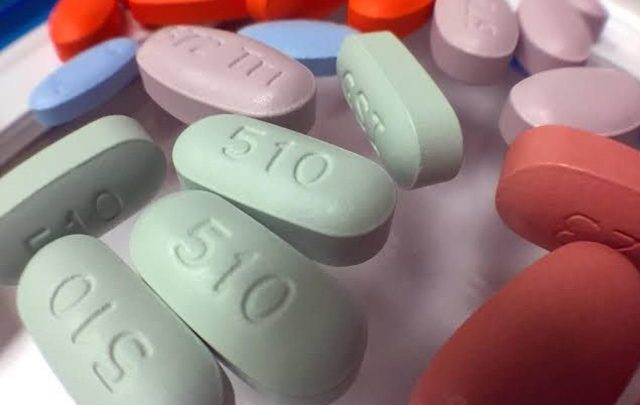The Ministry of Health has dismissed recent media reports suggesting a shortage of antiretroviral (ARV) drugs in Uganda, assuring the public that supplies remain stable and freely available across the country despite the recent cancellation of foreign aid programs.
A recent report raised concerns over ARV availability following a decision to cut international aid programs worldwide, including those supporting HIV treatment in Uganda. The withdrawal of this support led to fears of potential supply disruptions, as aid agencies had been key facilitators in procuring ARVs for millions of Ugandan patients.
However, the Ministry has refuted claims of an ARV crisis, emphasizing that supplies remain uninterrupted. According to the Ministry, ARVs continue to be available and free in all public and Private Not-For-Profit health facilities across the country. The drugs are distributed every two months to over 2,000 health facilities nationwide through the National Medical Stores (NMS) and Joint Medical Stores (JMS). No stockouts have been reported in the past two years, further reinforcing the government’s position that access to treatment remains stable.
Although the government acknowledged the impact of funding cutbacks, it reassured the public that ARV procurement has not been affected. Authorities noted that Uganda’s healthcare system is adapting by integrating HIV/AIDS services into routine chronic care, which includes treatment for conditions such as tuberculosis, Hepatitis B, hypertension, and diabetes. This approach aims to strengthen the overall healthcare system and ensure sustainable HIV/AIDS management.
To further bolster drug availability, the Ministry highlighted Uganda’s growing pharmaceutical manufacturing sector. One of the key contributors to ensuring a stable domestic supply of ARVs is Quality Chemicals Uganda Limited, a WHO-prequalified plant in Luzira, Kampala. Since 2023, this facility has been producing ARVs and anti-malarial medicines, reducing dependence on foreign imports and enhancing national drug security.
The Ministry also urged media houses to practice responsible journalism, warning that misinformation on critical health matters can create unnecessary panic and hinder national HIV/AIDS response efforts. Officials stressed the importance of collaboration with civil society organizations to ensure continued access to HIV prevention and treatment services. Additionally, they emphasized the need to promote treatment literacy to combat stigma and misinformation surrounding HIV treatment.
Uganda has made significant progress in its HIV response, with 1.4 million people currently on ARV treatment and an 89% viral suppression rate. This achievement reflects the effectiveness of national strategies and continued efforts to enhance healthcare access for people living with HIV.
The government reaffirmed its commitment to maintaining a steady supply of high-quality ARVs as outlined in the National HIV and AIDS Strategic Plan 2020/21-2024/25. By integrating HIV services into routine healthcare, promoting local pharmaceutical production, and strengthening partnerships with stakeholders, Uganda aims to sustain its gains in the fight against HIV/AIDS. The Ministry reassured the public that it remains dedicated to ensuring no interruptions in ARV availability and to continuing efforts to improve the health and well-being of those affected by HIV.

